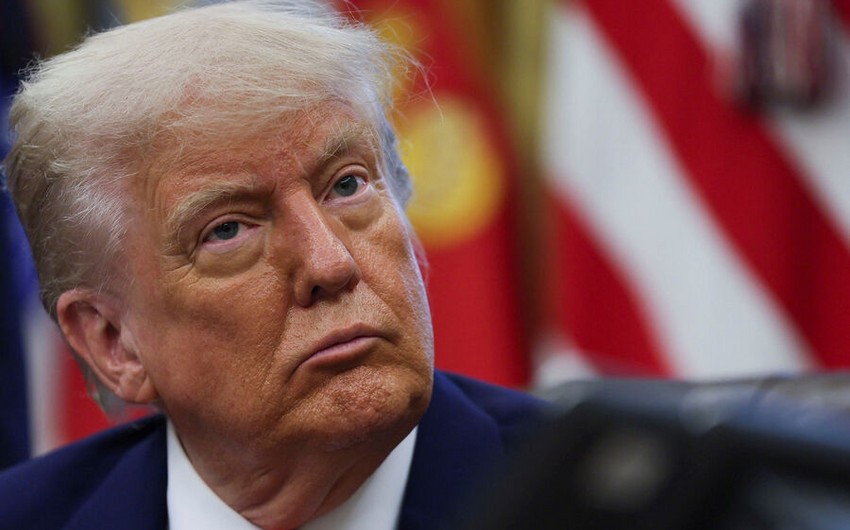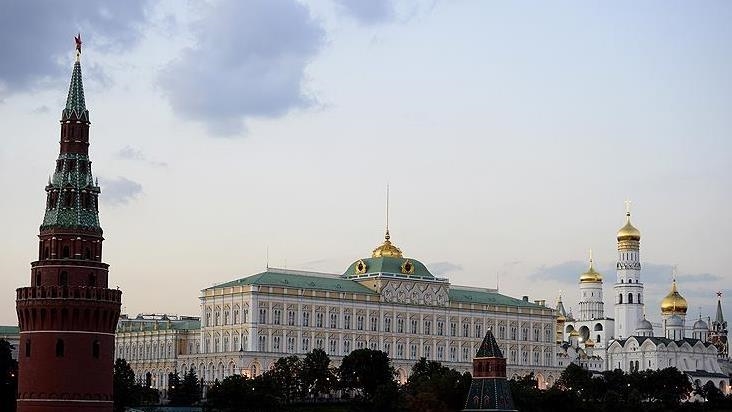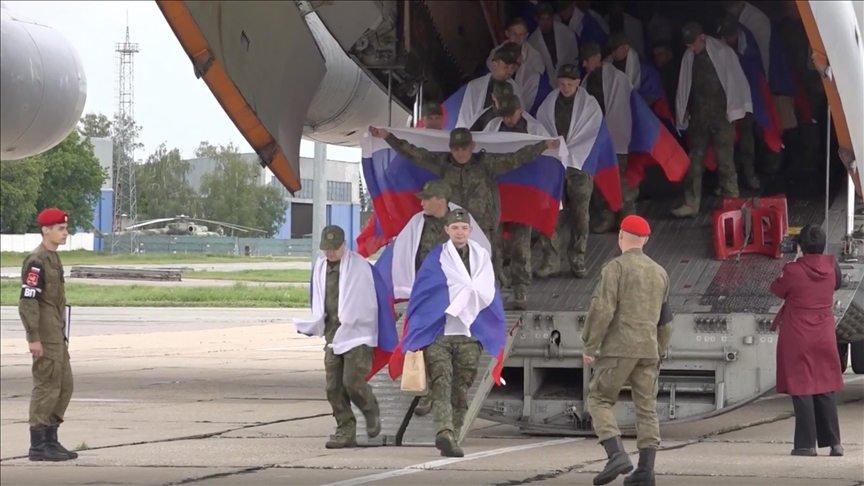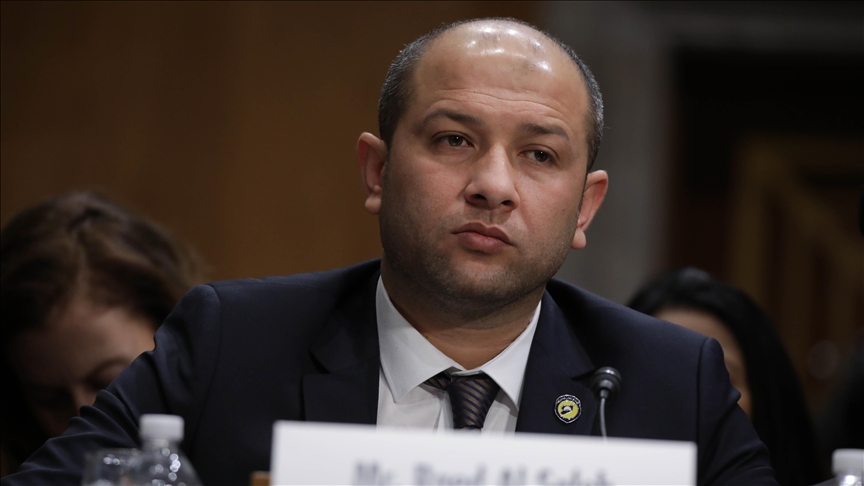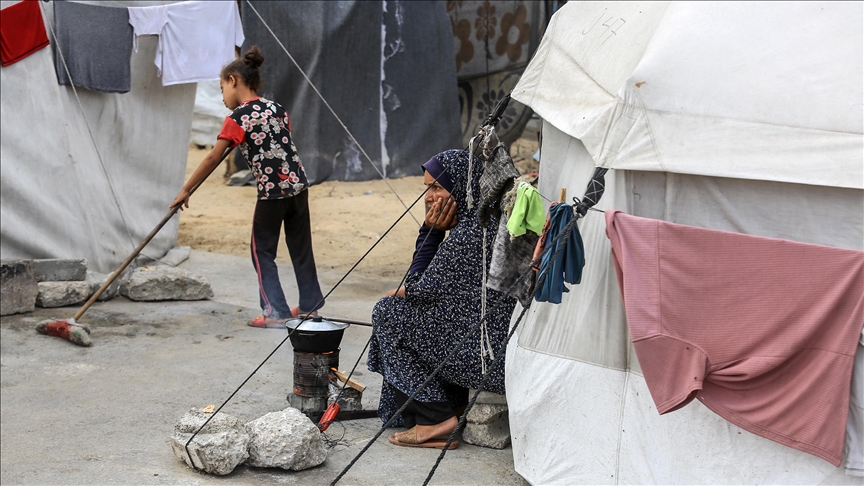On the night of February 25 to 26, 1992, an unprecedented catastrophe took place in the history of the world.
Armenian armed forces attacked the city of Khojaly on that day, committed crimes against the 2500 residents remained in the encircled town. As a result of the Khojaly genocide, which was a tragedy of a century, 613 civilians, as well as 63 children, 106 women, and 70 old people were killed atrociously, 8 families were annihilated, 25 children lost both parents, 130 children lost one parent, 487 were wounded (76 of them are children), 1275 innocent residents were taken hostage, while the fate of 150 people including 68 women and 26 children remains unknown.
The children who lost their parents could never again feel the warmth of a family. The elderly were forcibly torn from their native land and spent their final years in sorrow. Some families were completely wiped out. The Khojaly Genocide fully compatible with the definition of genocide by the 1948 UN Convention on the Prevention and Punishment of the Crime of Genocide. According to that framework, the deliberate mass killing of an ethnic, national, or religious group should have elicited a widespread outcry from the international community. The parliaments of many countries have officially recognized the Khojaly Genocide.
The government of Azerbaijan has taken various legal steps to ensure the international recognition of the Khojaly Genocide. Thanks to diplomatic efforts, a number of countries have officially recognized the Khojaly tragedy as genocide.
The photographs taken and reports prepared by international media outlets, especially Western journalists, made it possible to convey to the global community the brutality committed in Khojaly. The Khojaly Genocide is not only a tragedy for one nation but for all of humanity, and the role of the media in disseminating this truth is undeniable.
Azerbaijan continuously make efforts on various international platforms to adopt resolutions regarding the Khojaly Genocide, to raise the issue at the United Nations, the European Parliament, and other organizations. Although this tragedy caused a profound shock worldwide, the international community’s response was not as strong. Many countries and international organizations failed to take the necessary measures, and some countries simply turned a blind eye to Armenia’s wild actions in Khojaly.
In 1994, a resolution, “On 26 February- the Day of the Khojaly genocide,” was issued with the initiative of Heydar Aliyev at the Milli Majlis of the Republic of Azerbaijan. The document describes the causes of the tragedy and its perpetrators.
Since February 2008, the "Justice for Khojaly" #campaign has been held on the initiative of Leyla Aliyeva, vice-president of Haydar Aliyev Foundation.
Khojaly was liberated from occupation and cleared from separatists on September 19-20, 2023. On October 15, 2023, the President Ilham Aliyev raised the Azerbaijan Flag in the city.
We back Khojaly, and we rebuild Khojaly
Under the instructions of Azerbaijani President Ilham Aliyev, another 22 families (95 people) were relocated to the Ballija village of Khojaly district. Ballija residents expressed their gratitude to President, Supreme Commander-in-Chief, Ilham Aliyev and First Vice President Mehriban Aliyeva for the comprehensive care and also to the heroic Azerbaijani army for liberating the country’s territories from occupation.
Ballija village in Khojaly is the tenth residential area that have already been restored after its occupation. A total of 460 former IDPs have settled there, and 137 houses have been rebuilt. Another approximately 60 houses are also planned to be rebuilt. Now, 460 people reside in the village, and living conditions are favorable.
Around 30,000 people now live in Karabakh and Eastern Zangezur, including former internally displaced persons who have returned, as well as employees working on restoration and construction projects. The population also consists of workers from local state institutions and specialists employed in the sectors such as healthcare, education, culture, tourism, industry, and energy.
Families who once fled in fear have finally stepped back onto the soil that holds their memories and dreams. Every brick, every fresh coat of paint, and every smiling face in the village symbolizes a moment of triumph over loss. For those who spent years in displacement, returning to their ancestral land feels like emerging from a long, dark tunnel into a place flooded with light. Grandparents touch the walls of their rebuilt houses with trembling hands, whispering prayers of gratitude.
Azerbaijan is working to bring this matter to the agenda of international judicial bodies. The primary goal is to secure a legal assessment of the Khojaly tragedy and hold those who committed this crime accountable before international justice. The trial of accused individuals committed the genocide and acts of terrorism against Azerbaijanis in Khojaly is ongoing. This can be regarded as a step towards the restoration of historical justice.
We will never forget Khojaly Genocide. Forgetting could lead to a repetition of such atrocities. Therefore, efforts must continue to convey the truth about the Khojaly Genocide to the international community.
Parvana Valiyeva
Member of Azerbaijan Parliament


